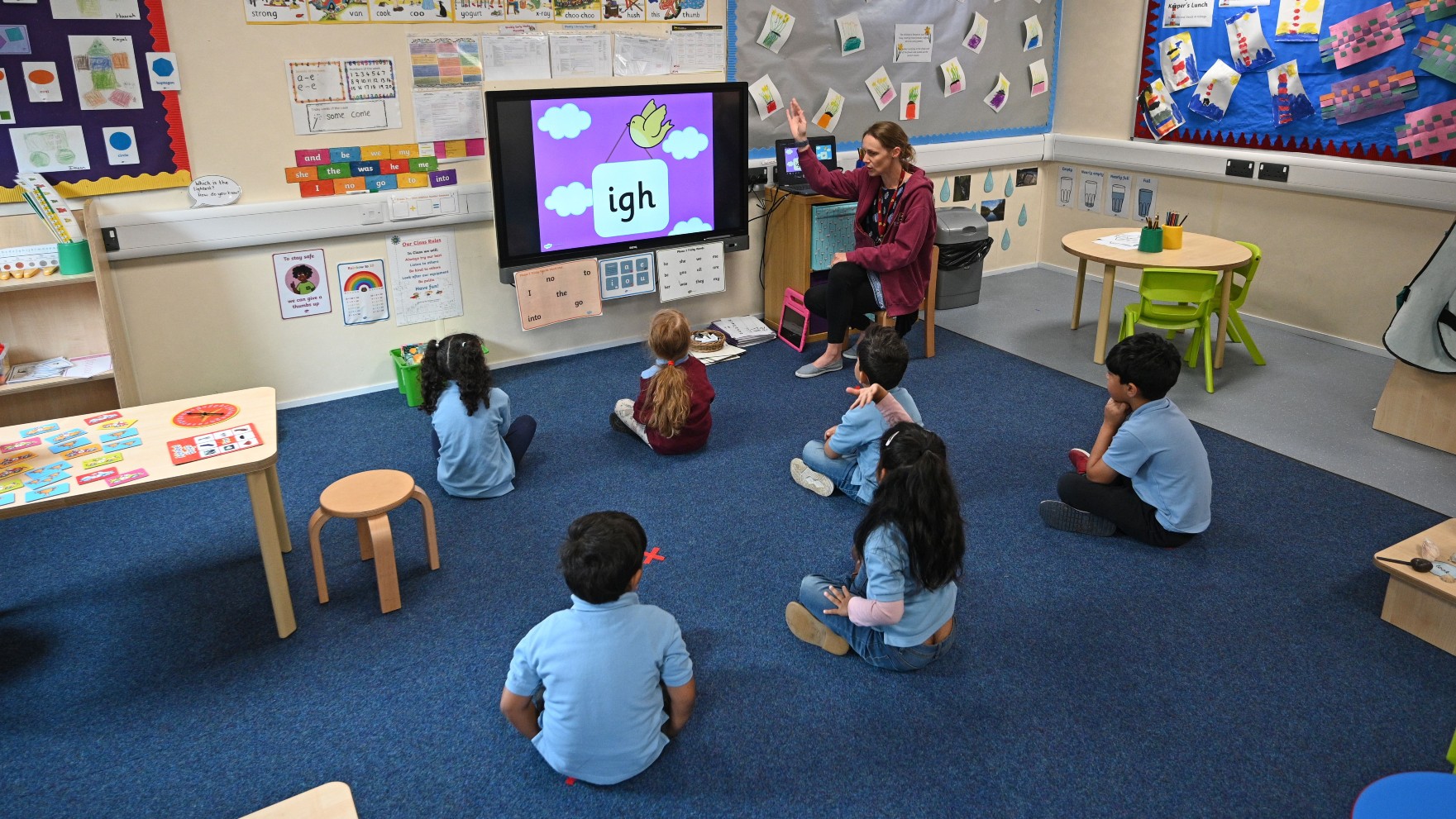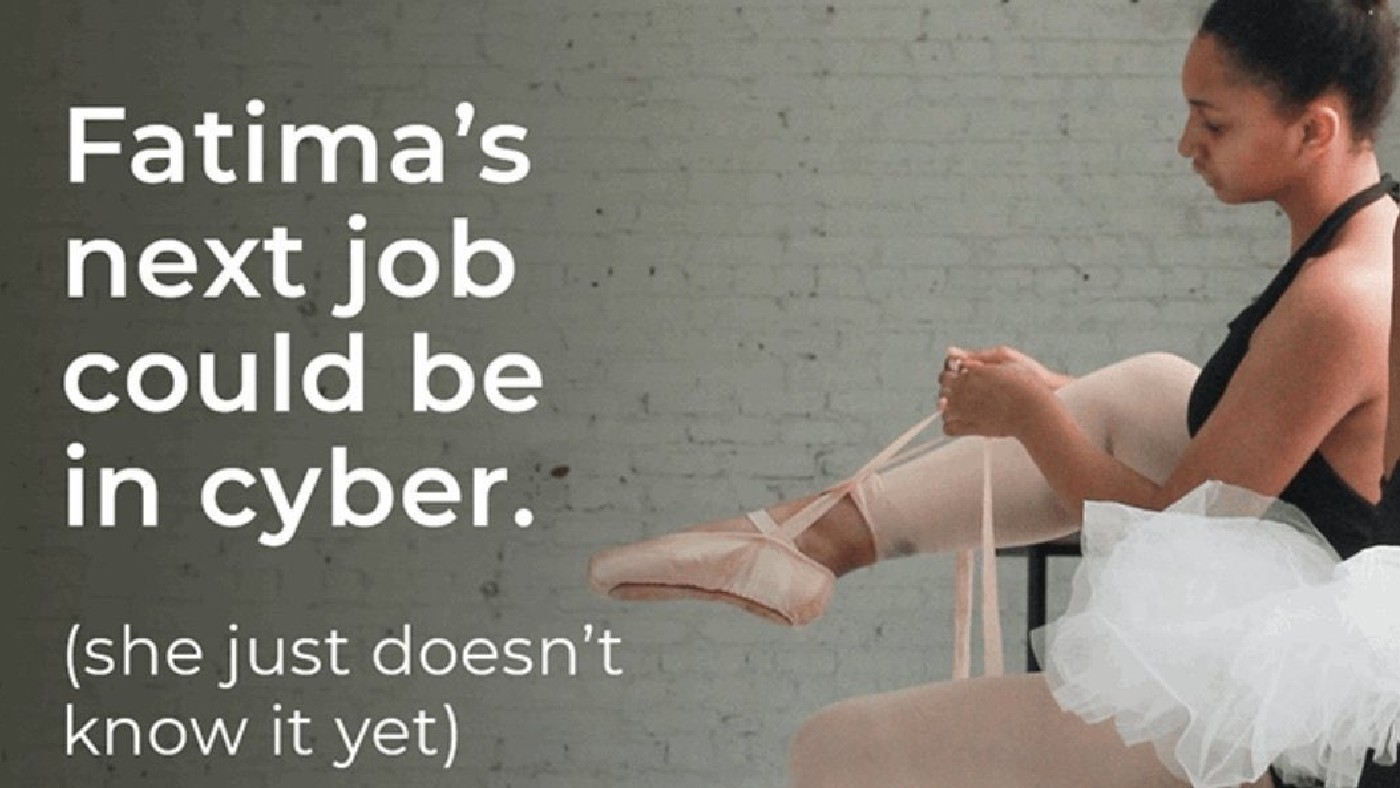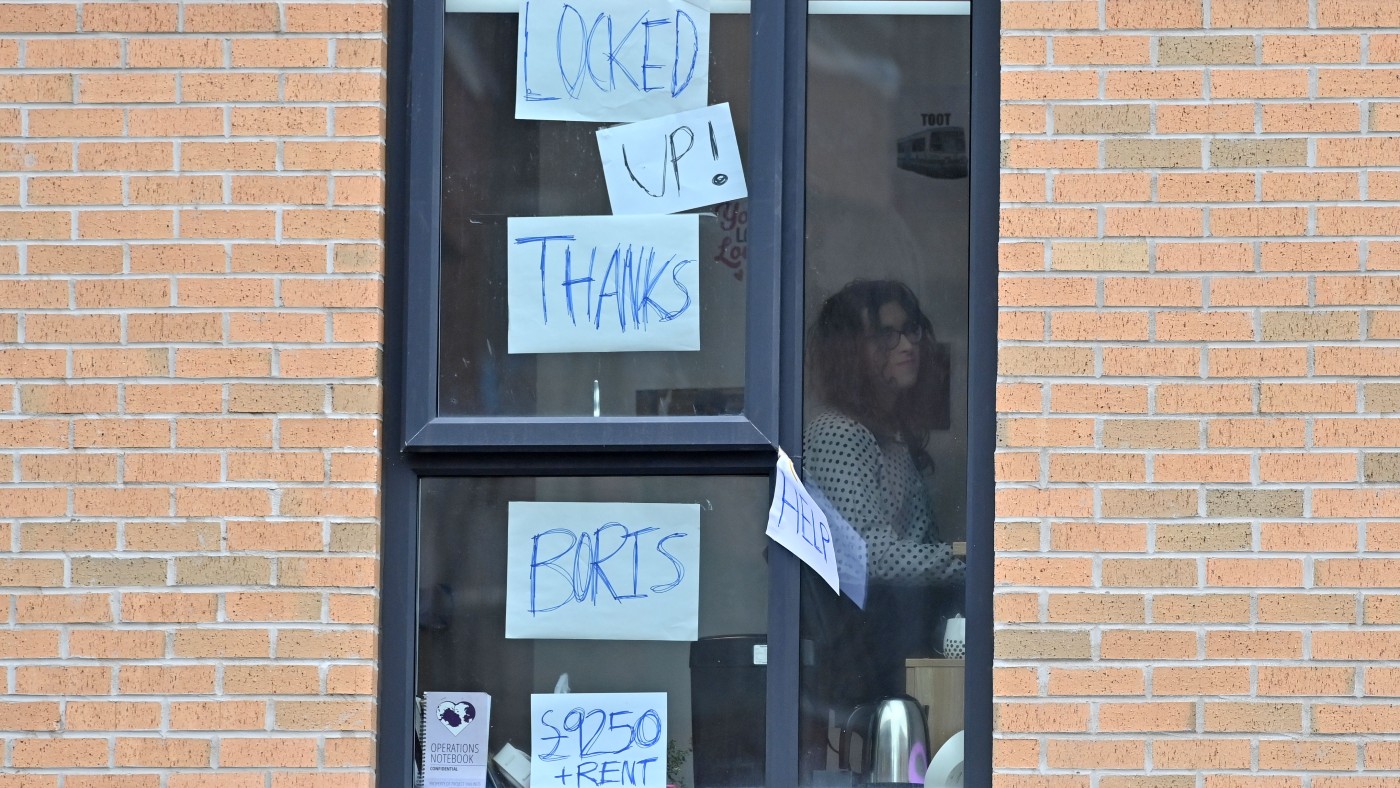Why Oxford students have banned clapping
Motion to replace applause with jazz hands has faced condemnation and mockery

A free daily email with the biggest news stories of the day – and the best features from TheWeek.com
You are now subscribed
Your newsletter sign-up was successful
Students at Oxford University will replace clapping at student union events with “silent jazz hands” after concerns that applause could trigger anxiety.
Officials at the university’s student union say that clapping causes an “access issue” for some disabled students who have “anxiety disorders, sensory sensitivity and those who use hearing aids”.
Jazz hands - the waving of your hands around shoulder height - is a form used in sign language to signify applause.
The Week
Escape your echo chamber. Get the facts behind the news, plus analysis from multiple perspectives.

Sign up for The Week's Free Newsletters
From our morning news briefing to a weekly Good News Newsletter, get the best of The Week delivered directly to your inbox.
From our morning news briefing to a weekly Good News Newsletter, get the best of The Week delivered directly to your inbox.
The union’s welfare and equal opportunity officer, Roisin McCallion, said she proposed the motion to make the union’s democratic events “more accessible and inclusive for all, including people who suffer from anxiety”.
But her move has faced widespread condemnation. Broadcaster Piers Morgan said the union was populated by “imbeciles”, while Jeremy Vine posted a photograph of soldiers in the trenches during World War One, saying that they had managed to “ignore the difficulties caused by sudden noises 100 years ago”.
A former student told The Sun: “Oxford University Student Union is always seeking to be more accommodating. But this idea will not work and is completely ludicrous.”
This is not the first time that such a move has caused proposed. When students at the University of Manchester voted to ditch clapping and cheering at the union’s “democratic events” the story captured the attention of Jeb Bush, the brother of the former US president George W Bush. “Not cool, University of Manchester,” he said. “Not cool.”
A free daily email with the biggest news stories of the day – and the best features from TheWeek.com
Yahoo says that a condition called hyperacusis can make everyday sounds louder than they are for some. The NHS says that a hyperacusis sufferer’s relationships, work and “general wellbeing” can all be affected by the condition.
Deaf people can also face problems with applause because hearing aids can pick up on the sound, turning it into an irritating white noise.
–––––––––––––––––––––––––––––––For a round-up of the most important stories from around the world - and a concise, refreshing and balanced take on the week’s news agenda - try The Week magazine. Get your first six issues for £6–––––––––––––––––––––––––––––––
-
 The ‘ravenous’ demand for Cornish minerals
The ‘ravenous’ demand for Cornish mineralsUnder the Radar Growing need for critical minerals to power tech has intensified ‘appetite’ for lithium, which could be a ‘huge boon’ for local economy
-
 Why are election experts taking Trump’s midterm threats seriously?
Why are election experts taking Trump’s midterm threats seriously?IN THE SPOTLIGHT As the president muses about polling place deployments and a centralized electoral system aimed at one-party control, lawmakers are taking this administration at its word
-
 ‘Restaurateurs have become millionaires’
‘Restaurateurs have become millionaires’Instant Opinion Opinion, comment and editorials of the day
-
 English literature: is it doomed?
English literature: is it doomed?Speed Read Arts and humanities courses are under attack thanks to a shift to ‘skills-led’ learning
-
 Katharine Birbalsingh: Britain’s ‘strictest head teacher’ takes aim at Jess Phillips
Katharine Birbalsingh: Britain’s ‘strictest head teacher’ takes aim at Jess PhillipsIn the Spotlight Former social mobility tsar accuses Labour MP of racism in Twitter spat
-
 Are UK classrooms a new political battleground?
Are UK classrooms a new political battleground?Speed Read Government has issued new guidance on political neutrality in schools
-
 Kathleen Stock resigns: the ‘hounding’ of an academic on the front line of transgender rights debate
Kathleen Stock resigns: the ‘hounding’ of an academic on the front line of transgender rights debateSpeed Read Sussex University students claim ‘trans and non-binary students are safer and happier for it’
-
 How 100,000 ‘lost children’ disappeared from UK school system
How 100,000 ‘lost children’ disappeared from UK school systemSpeed Read Experts warn that vulnerable pupils may be recruited by gangs after failing to return to education post-lockdown
-
 Why is the government planning to cut arts education funding by 50%?
Why is the government planning to cut arts education funding by 50%?Speed Read Proposal described by critics as ‘catastrophic’ and ‘an attack on the future of UK arts’
-
 Schools do not spread Covid-19, multiple studies find
Schools do not spread Covid-19, multiple studies findSpeed Read Reports from Germany, Norway and the WHO conclude schoolchildren are not vector of infection
-
 Universities must consider refunding students hit by Covid disruption, regulator warns
Universities must consider refunding students hit by Covid disruption, regulator warnsSpeed Read Institutions under investigation as thousands of undergraduates remain locked down amid coronavirus outbreaks